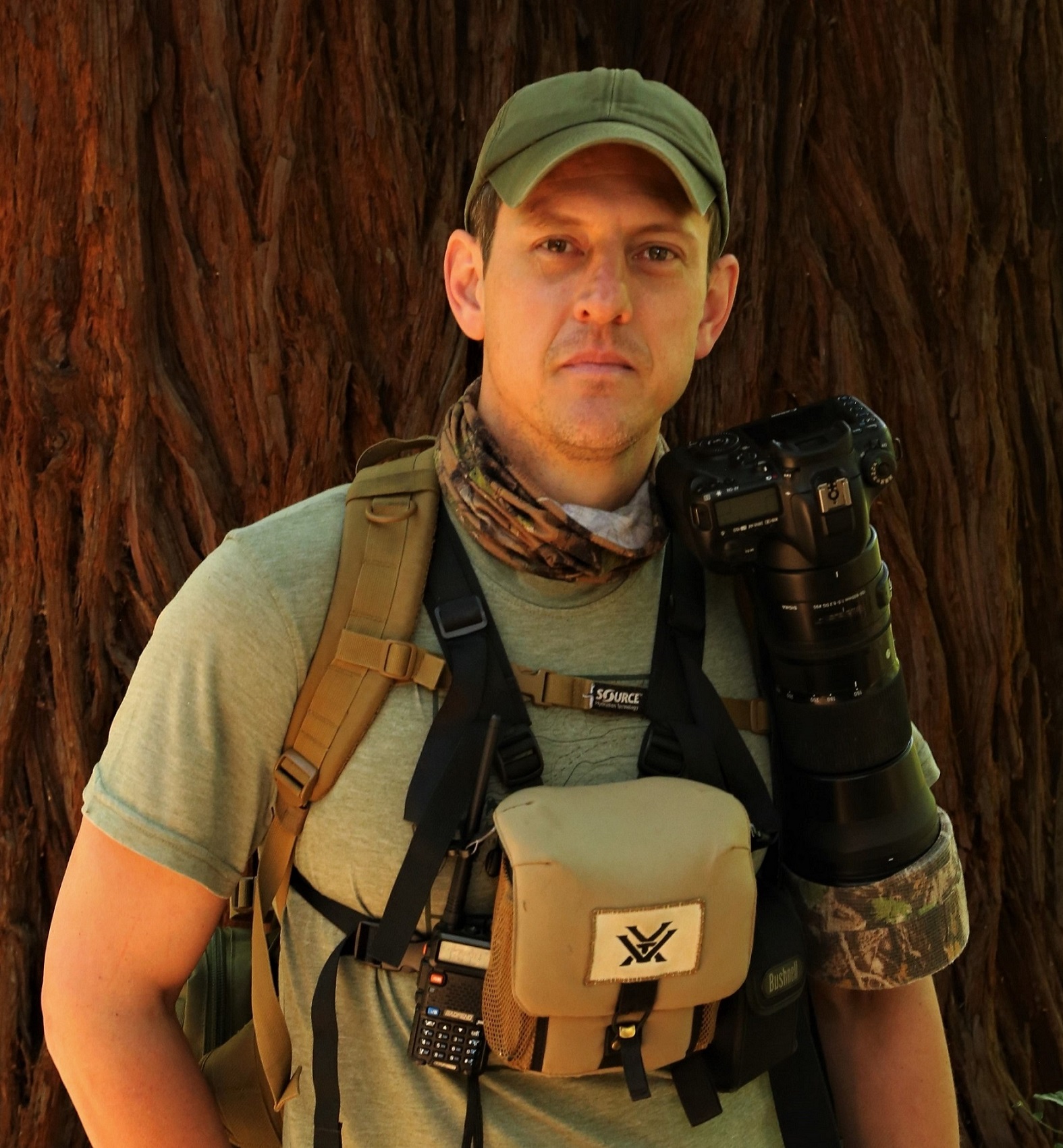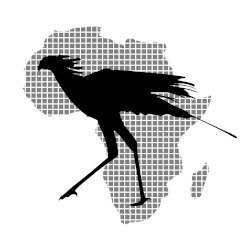

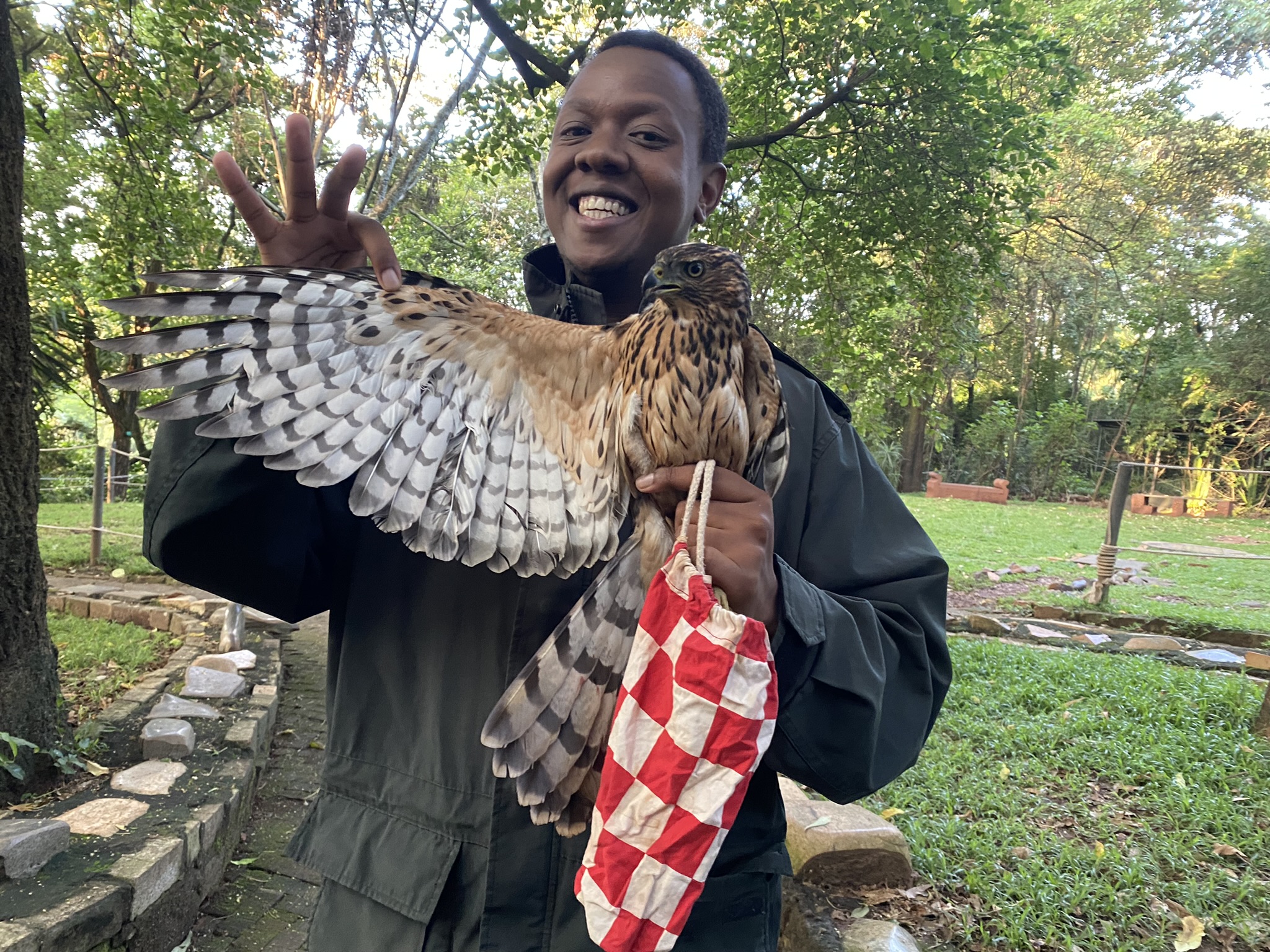
Samuel Guchu is deeply passionate about wildlife and biodiversity conservation and is constantly seeking opportunities to contribute to species conservation. His background in wildlife and tourism management, as well as law, has spurred his interest in ecological studies. Samuel has a fascination with the potential of refining research data to improve policy and decision-making in wildlife and environmental management and law. He has a particular interest in bird atlassing and bird ringing. His involvement with the Kenya Bird Map project has broadened his understanding of Kenyan avian ecology and distribution, and he is eager to advance this project. Additionally, he is an avid bird ringer and has been assisting with ornithological research at the Ornithology section of the National Museums of Kenya since 2021. Samuel has also participated in several research expeditions within Kenya.
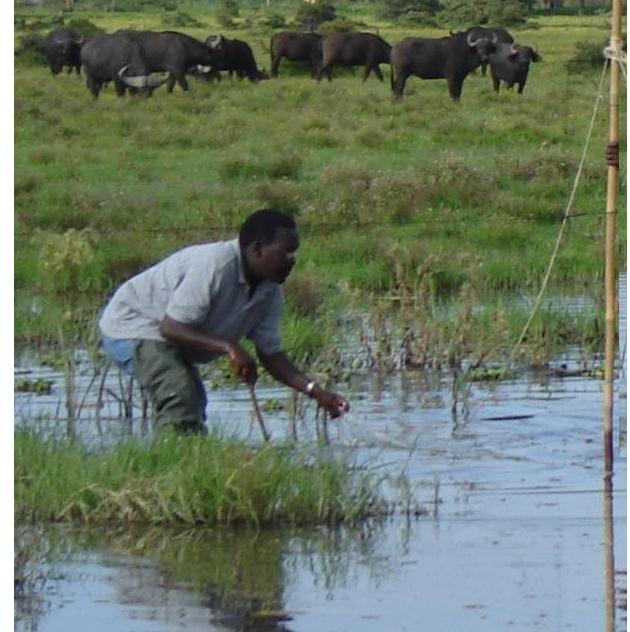
Peter Njoroge is the Head of the Ornithology Section and Senior Research Scientist in Zoology Department of the National Museums of Kenya (NMK). He has vast research experience on threatened species having worked in the past to conserve the Seychelles Magpie Robin and Hinde’s Babbler among others. He completed his PhD studies at the University of Reading (UK). He is currently running projects on eco-agriculture and ecosystem services as incentives for conservation in Central Kenya, as well mentoring young and upcoming researchers at the Ornithology Section. Njoroge represents NMK on the Kenya Bird Map Management Team and the Ornithology Section hosts the KBM Office.

Sam is Research and Teaching Fellow based at APLORI. He is a passionate advocate for public participation in biodiversity conservation. As the Nigerian Bird Atlas Project (NiBAP) Manager, he is also responsible for providing strategic direction and helping to promote public engagement and volunteer recruitment for the project as well as the daily on-ground management of Project activities. Although already a lover of the outdoors, a love for birds was kindled during his 2nd year of undergraduate studies and has continued to develop since. He successfully completed a Ph.D. from the University of St Andrews in 2015 where he worked on the distribution ecology of Palearctic migrants in Nigeria, West Africa. The Ph.D. and other aspects of his public speaking, seminar delivery, workshop organisation and atlasing work for NiBAP have allowed him to travel across much of the Nigerian landscape as he continues to work to promote public participation in this project and to improve understanding of the distribution ecology of birds in Nigeria and indeed the region.
Tel:
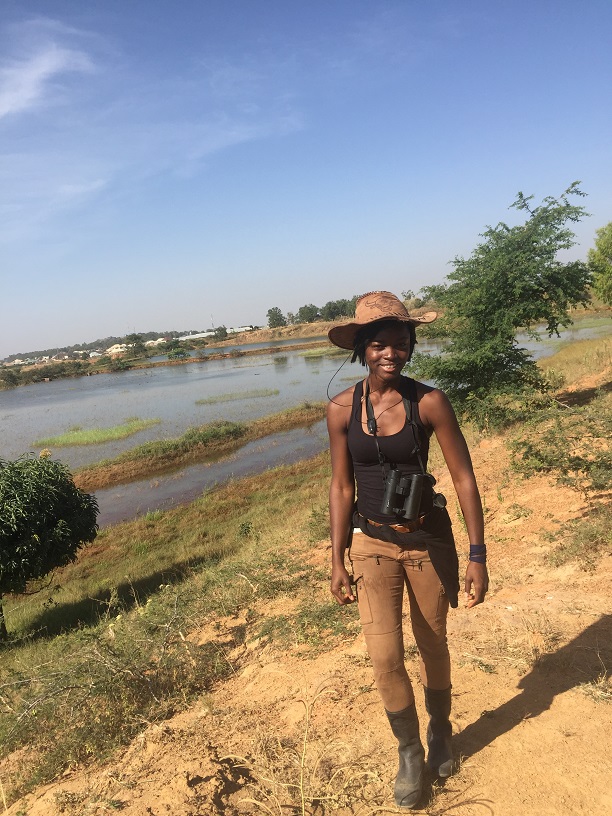
I was introduced to the Bird Atlas program in the course of my Conservation Biology master’s degree at the A. P. Leventis Ornithological Research Institute (APLORI) in Jos, Nigeria, where the Nigerian Bird Atlas Program was born. Since then, and continuing after my successful completion of the degree program and return to Liberia, I have been captivated by the bird atlas program as a way to increase people’s interest in Biodiversity, document avian biodiversity, collect data for research, and keep the birding community up to date on the bird life of Liberia. This has been made extensively possible by my work in several national parks and rural areas with Fauna & Flora International, where I serve as the Biomonitoring Assistant for the Sapo Project.
Tel:
Mrs Dorcas Sosu is my name, a Conservationist and an Ornithologist from the A. P Leventis Ornithological Research Institute and University of Cape Coast. I am currently managing Cape Coast Bird Club to map the distribution of birds in Ghana.
Tel:
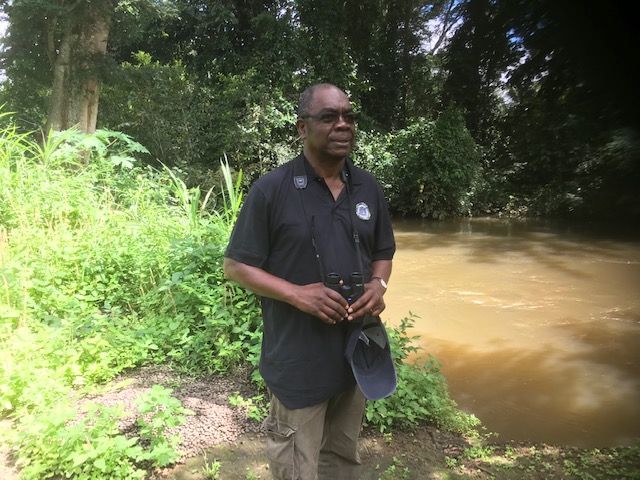
Hazell Shokellu Thompson, Ph.D
Sierra Leonean Ornithologist and Environmental Consultant
Visiting Lecturer, A.P. Leventis Ornithological Research Institute, University of Jos
Former Global Director at BirdLife International for Partnership and Capacity Development
Former Head of the BirdLife Africa Programme
Tel:
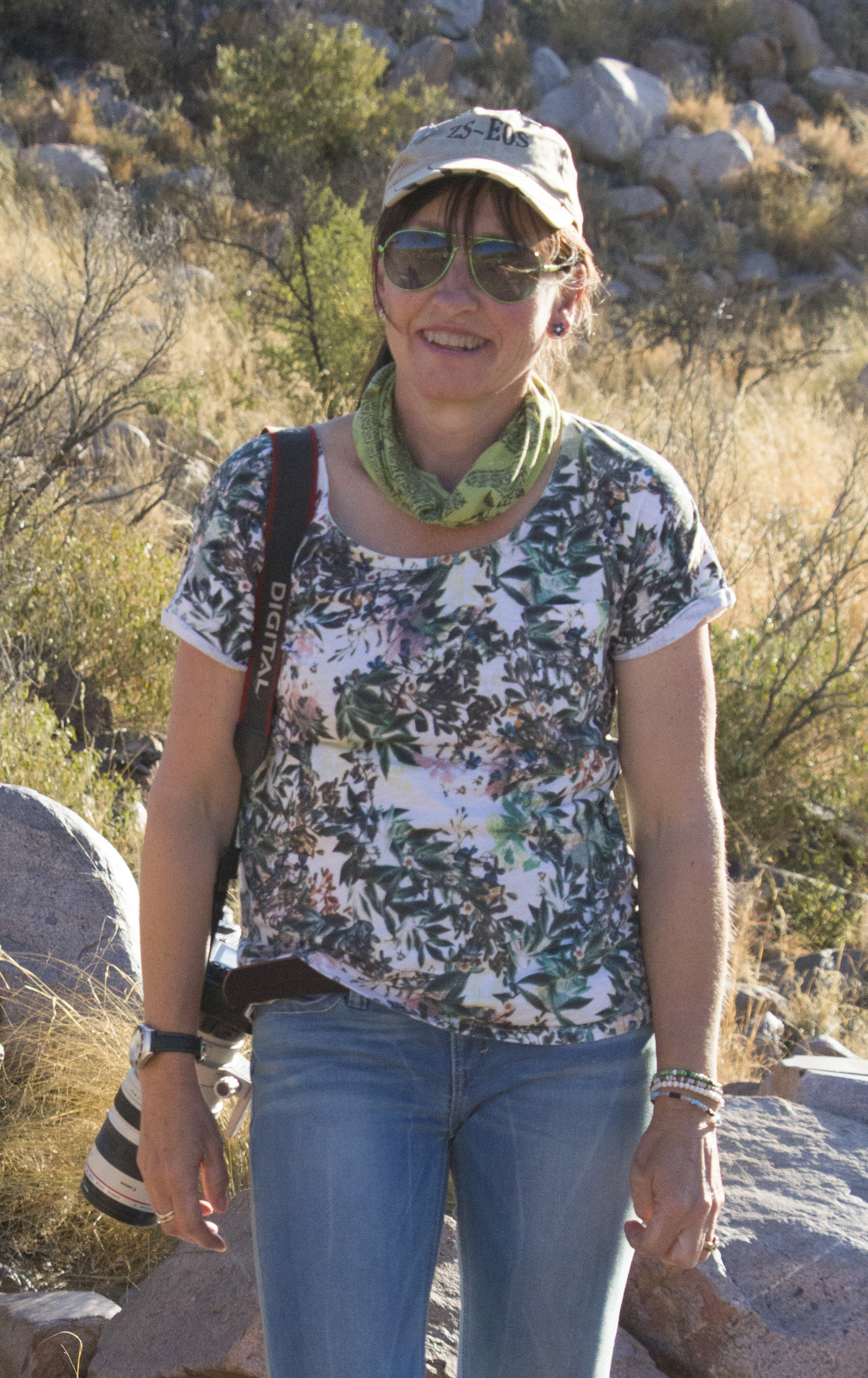
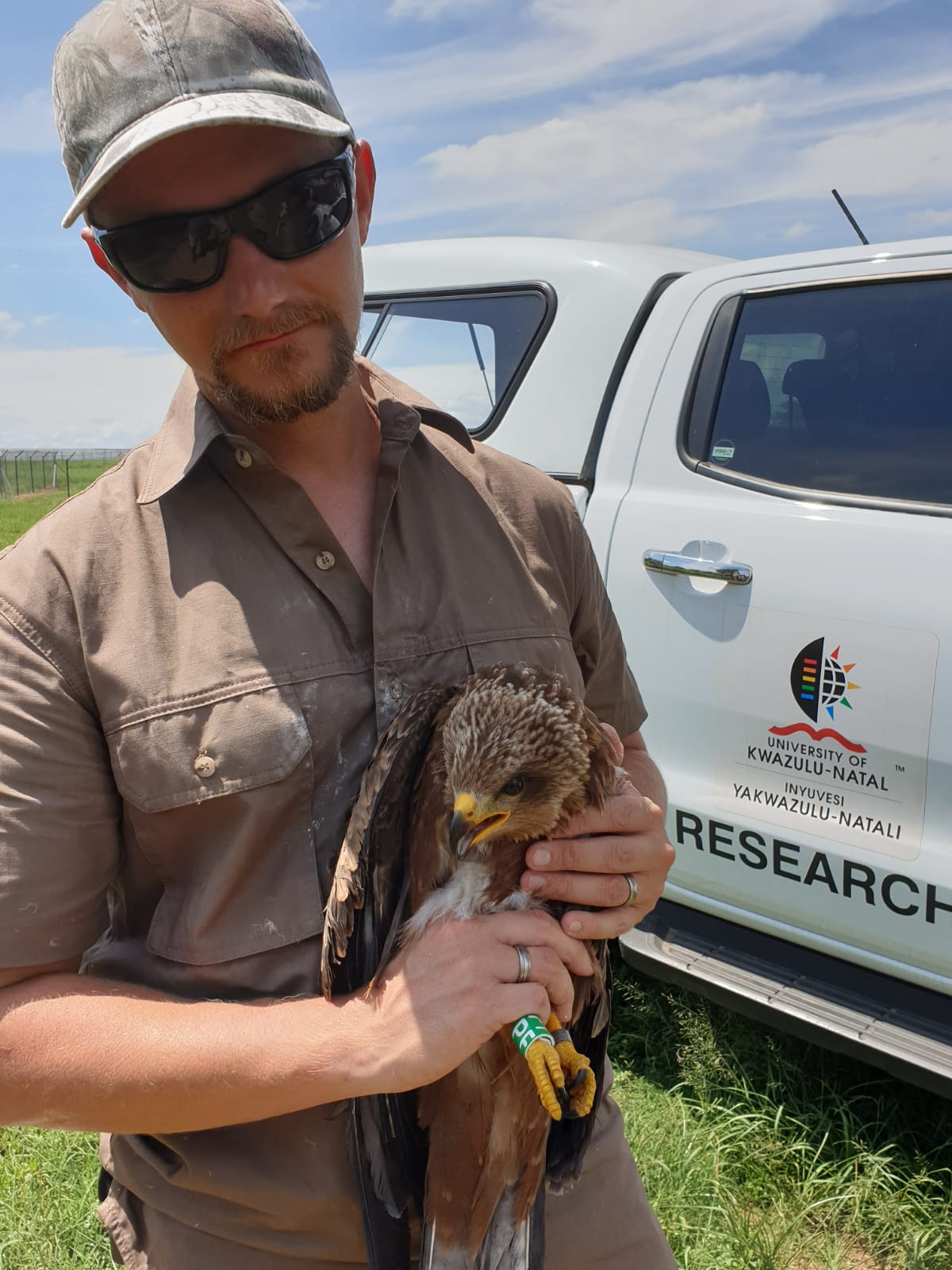
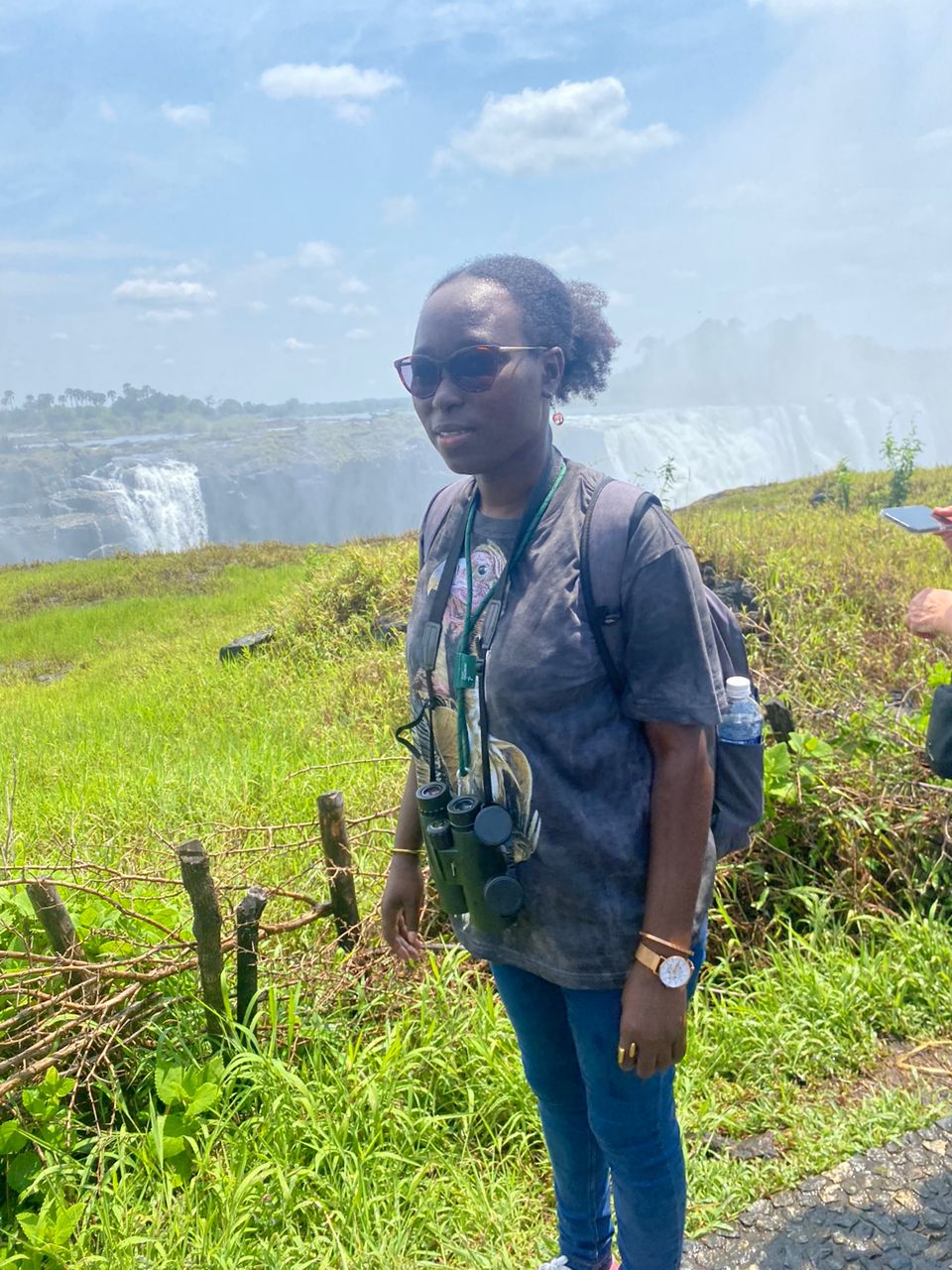
Introduction Dr Ngoné Diop
I am a teacher-researcher in Ecology/Ornithology at Cheikh Anta Diop University in Dakar. I did my PhD on seabird conservation and became the first female ornithologist with a PhD in Senegal. I am in charge of courses on ornithological thematic and supervise students with their ornithological researches.
I have been working for 4 years at BirdLife International Africa as a project officer coordinating a west Africa sub-regional project on coastal seabird conservation. That position helps me to gain skills on conservation project coordination and build relationship with several conservation institutions which will be helpful for the Senegalese bird Atlas project.
Présentation Dr Ngoné Diop
Je suis enseignante-chercheuse en écologie/ornithologie à l'Université Cheikh Anta Diop de Dakar. J'ai fait mon doctorat sur la conservation des oiseaux de mer et suis devenue la première femme ornithologue titulaire d'un doctorat au Sénégal. Je suis responsable des cours sur les thèmes ornithologiques et je supervise les étudiants dans leurs recherches ornithologiques.
J'ai travaillé pendant 4 ans à BirdLife International Africa en tant que responsable de projet coordonnant un projet sous-régional d'Afrique de l'Ouest sur la conservation des oiseaux marins côtiers. Ce poste m'a permis d'acquérir des compétences en matière de coordination de projets de conservation et d'établir des relations avec plusieurs institutions de conservation, ce qui sera utile pour le projet d'atlas des oiseaux du Sénégal.
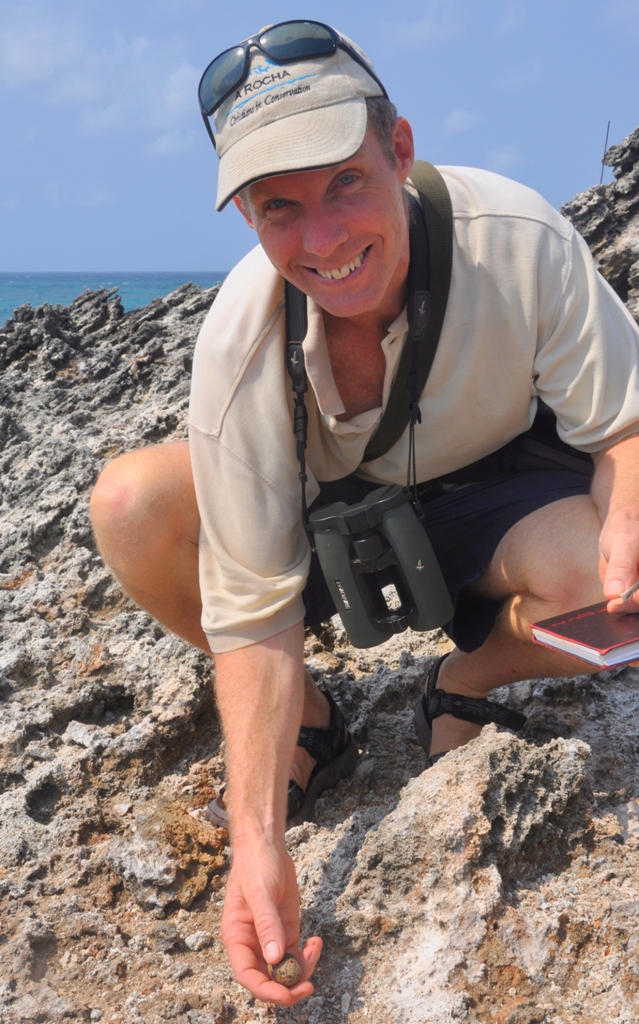
Colin has been birding in Kenya since growing up in Nairobi and has a passion for enthusing Kenyans about the rich diversity of birds in our country. He is the Director of Science & Conservation for A Rocha Kenya, a Christian conservation organisation and is also a Research Associate with the Ornithology Section, National Museums of Kenya where he was a full time research scientist for four years prior to founding A Rocha Kenya in 1999. Whilst at the museum, Colin started the Nairobi Ringing Group and the annual Fundamentals of Ornithology Course for enthusing and training citizen birders and continues to teach on it together with other members of the Management Team for KBM. Colin's involvement in the South African Bird Atlas Project 2 through time he has spent at the Animal Demography Unit, University of Cape Town, has been key to the development of the Kenya Bird Map. Colin is also a member of the Rarities Committee of East Africa.
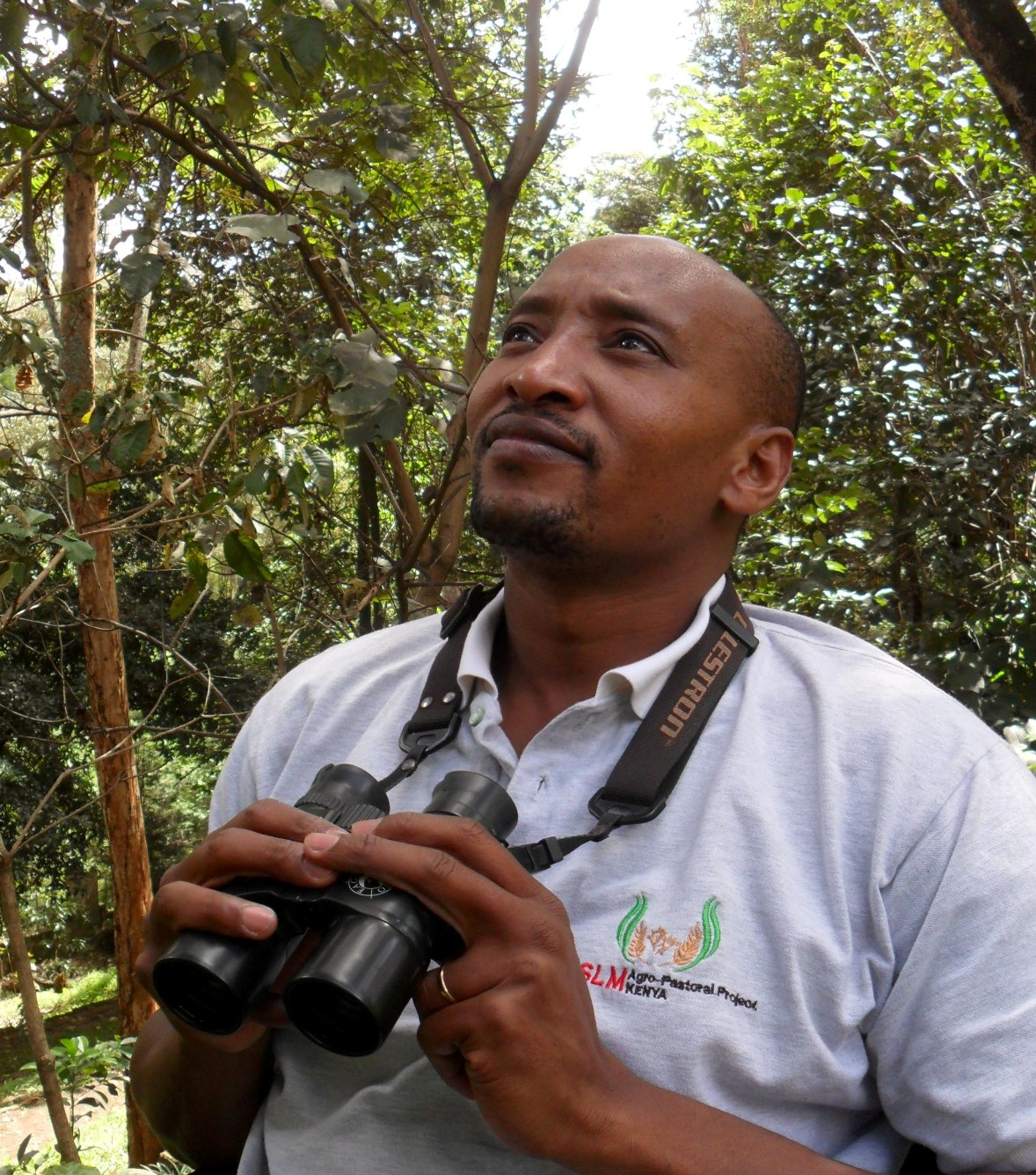
Kuria is Director of the Tropical Biology Association African office in Nairobi and plays a key role in Kenya Bird Map dealing with administrative issues and liaison with NatureKenya. He holds a Masters' degree in Conservation Biology from the University of Cape Town, South Africa. He has 15 years capacity building expertise which has resulted in several cohorts of influential conservation managers in Africa. Kuria has co-authored several training manuals for conservation scientists, including the TBAs toolkit on scientific research.
Kuria has extensive experience in managing collaborative projects including those funded by the EU and Darwin Initiative. A recently completed EU funded capacity building project received the following evaluation from the EU A critical mass of environmental scientists has been created which should influence the research potential in Africa and policies. As a Research Associate with the National Museums of Kenya, Kuria coordinates the popular 'Fundamentals of Ornithology' course that has trained over 350 citizen birders since 1998. Kuria has experience in web-based mapping of birds and as a co-PI for the Kenya Bird Map project, Kuria hopes that past bird course trainees will actively engage and help generate atlas data. Kuria brings huge administration experience to the Management Team of the Kenya Bird Map and is also a member of the Bird Committee of the East Africa Natural History.
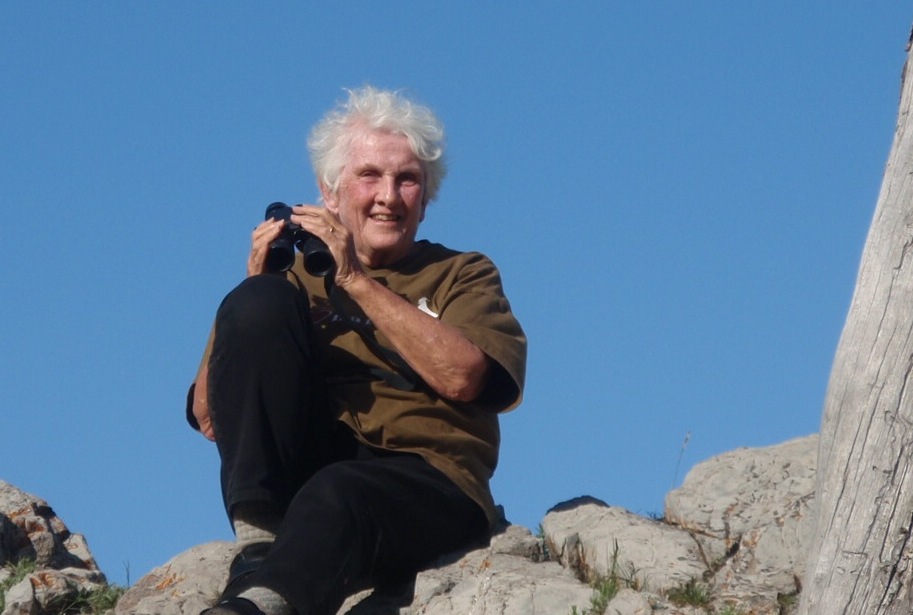
Ms. Ng’weno is a naturalist, writer and editor, and has been involved in environmental issues in Kenya since 1963. In 1971, she founded the Wednesday morning bird walk from the Nairobi National Museum, coordinated by Nature Kenya – the East Africa Natural History Society. Fleur has led most Wednesday bird walks since then, and many of the Sunday Birdwatch outings. For many years Fleur was the editor of Rainbow Children’s magazine, and has written several children’s books, countless magazine articles and a book chapter in Ethno-Ornithology: Birds, Indigenous Peoples, Culture and Society, published by Earthscan. For Nature Kenya, she wrote Community Guide to Forest Conservation, and is co-author of Learning for Sustainable Living in Kenya, Marine Manual for Coastal Schools, and a book for children, Being a Bird. Fleur represents NatureKenya on the KBM Management Team and brings a lot of experience with making birding projects 'user friendly' for the birder on the street.
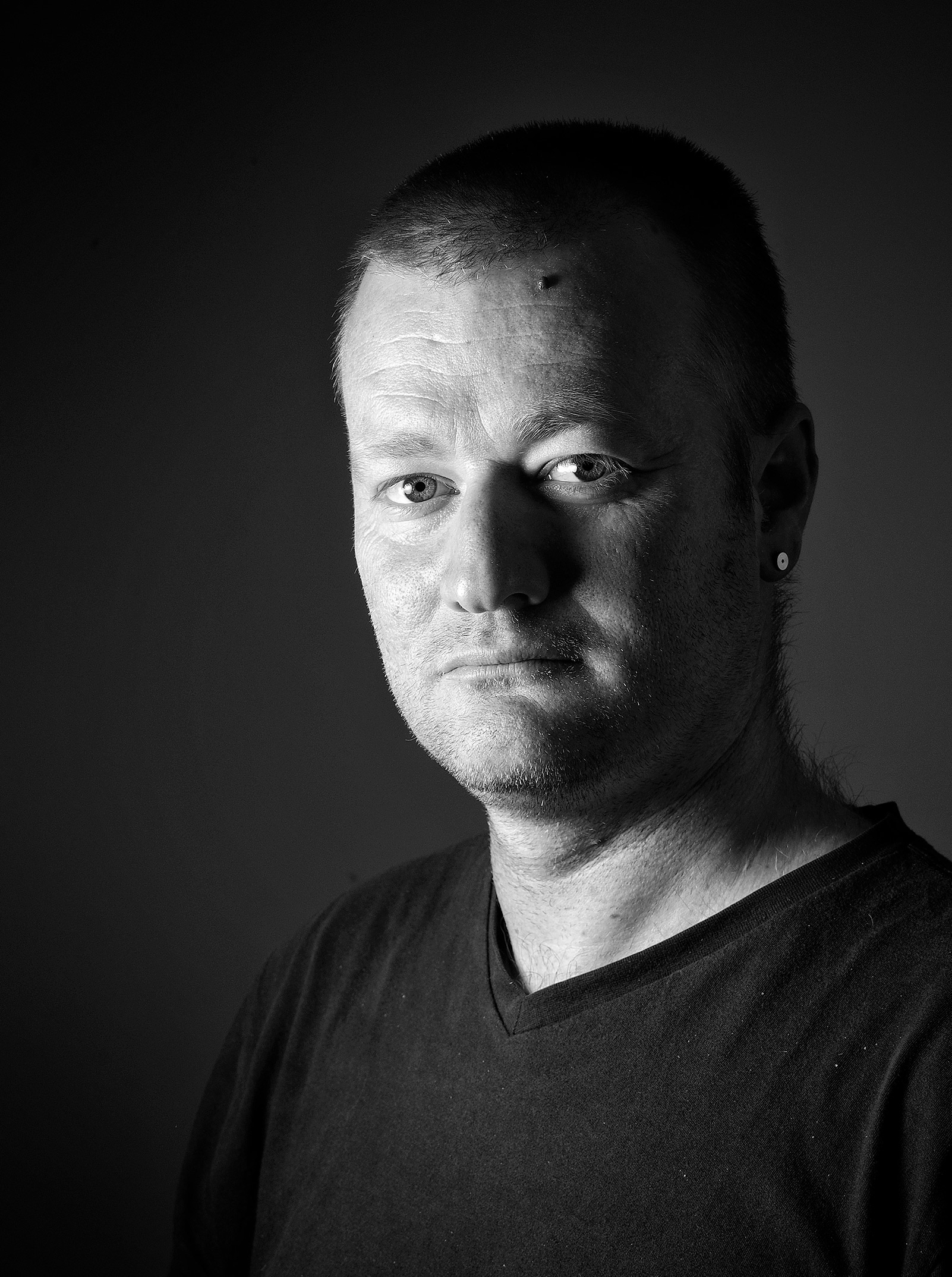
Michael is the Chief Technical Offier at the FitzPatrick Institute of African Ornithology, where he is responsible for all the management and information systems development for SABAP2 and the African Bird Atlas Project, as well as various other monitoring projects hosted at the Fitz.
He is an avid photographer, and is a registered bird-ringer
Tel:+27(0)216504751
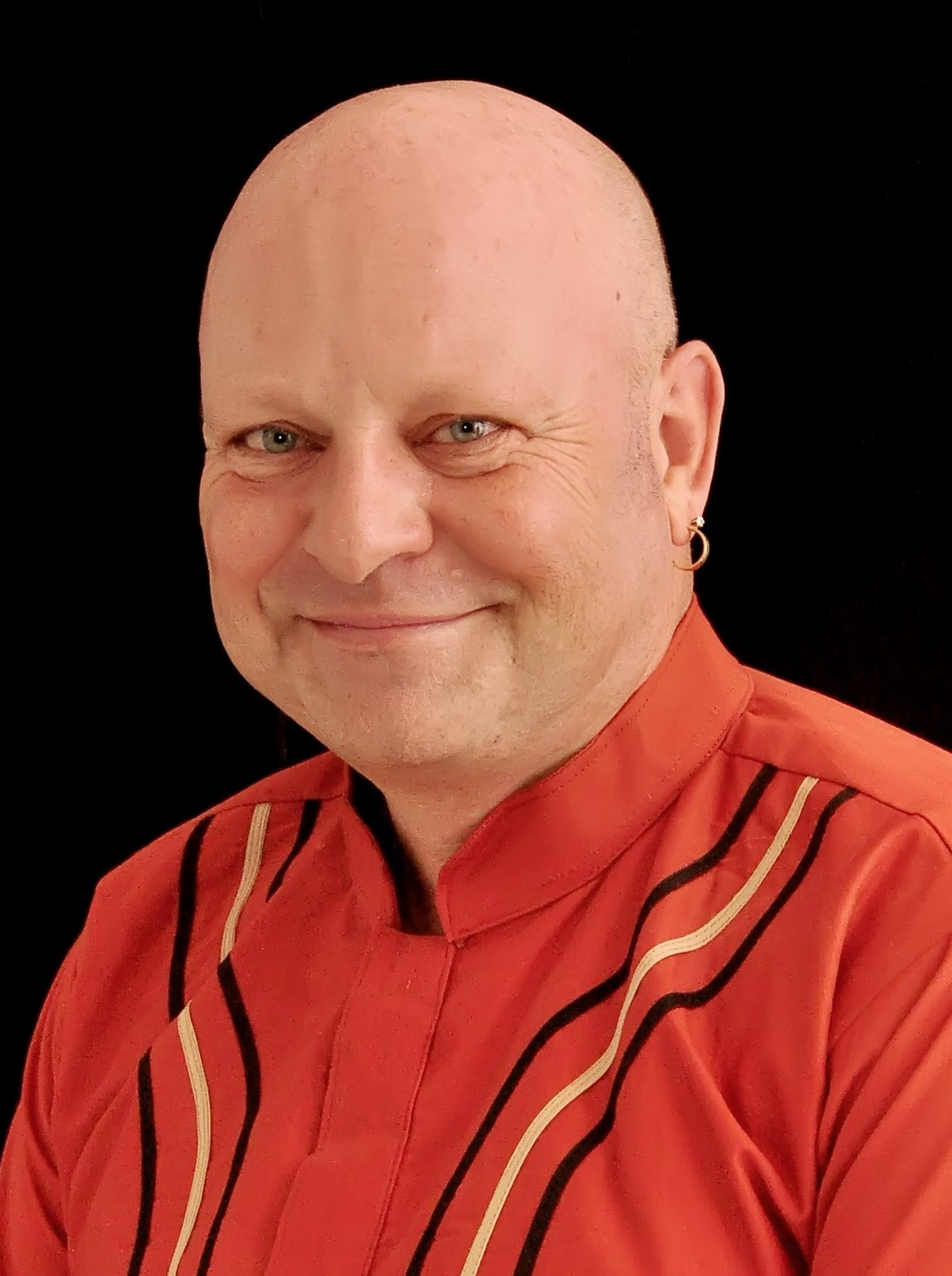
I have a dedicated interest in nature, particularly birds that began when I was very young, this has given me a firm naturalistic base. After the completion of my Ph.D. from Lund University, Sweden in 1997 I have worked as a freelance ecologist on different projects such as breeding biology in birds, bird migration ecology, and on more applied projects such as making EIA when building wind farms. I have worked as a part-time Senior Lecturer at APLORI since 2003. Apart from my scientific training at the University, I have got a lot of experience in running and maintaining projects on expeditions on four different continents, mostly on different aspects of Avian Ecology.
Tel:+46702279073
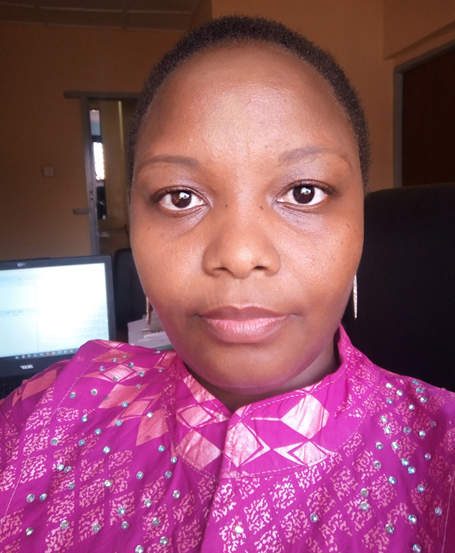
Dr. Yahkat Barshep is a senior Researcher at the A. P. Leventis Ornithological Research Institute (APLORI). Her research can be divided into two main themes: Adaptation of birds to climate-induced environmental change and culture-based conservation. Specific research topics include 1. Seasonality in the timing of moult among African and migratory bird species. 2. Breeding seasonality in African birds. 3. Socio-economic, cultural, and gender roles in the use of animals for traditional medicine. 4. Ecology of migratory species in Africa. 5. Application of time-series models in estimating population size and modeling population dynamics of wildlife species.
Tel:
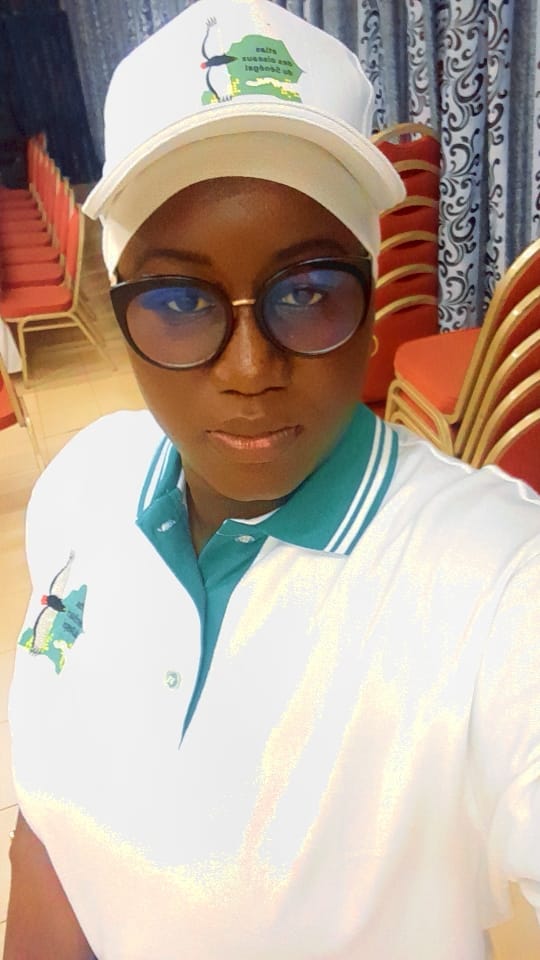
Introduction Dr Aissatou Yvette Diallo
I have a PhD in Biodiversity and Environment - Ecology and Ecosystem Management, specializing in ornithology from Cheikh Anta Diop University in Dakar. And I'm the 3rd person to have obtained a PhD in ornithology in Senegal.
I also teach practical courses in marine ecology, anatomy and systematics of vertebrates at the Department of Animal Biology of the Cheikh Anta Diop University in Dakar.
I've been working at Birdlife International for nearly 2 years on the East Atlantic Flyway Initiative (EAFI) programme and on the conservation of bird species.
I am taking up a new post as a researcher in Ornithology at Institut Fondamental d’Afrique Noire (Dakar University).
Présentation Dr Aissatou Yvette Diallo
Je suis titulaire d'un doctorat en biodiversité et environnement - écologie et gestion des écosystèmes, avec une spécialisation en ornithologie à l'Université Cheikh Anta Diop de Dakar. Je suis la 3ème personne à avoir obtenu un doctorat en ornithologie au Sénégal.
Je donne également des cours pratiques d'écologie marine, d'anatomie et de systématique des vertébrés au département de biologie animale de l'Université Cheikh Anta Diop de Dakar.
J’ai travaillé à BirdLife International depuis près de 2 ans dans le programme East Atlantic Flyway Initiative (EAFI) et sur la conservation des espèces d'oiseaux.
J’occupe un nouveau poste de chercheur en ornithologie à l'Institut Fondamental d'Afrique Noire (Université de Dakar).
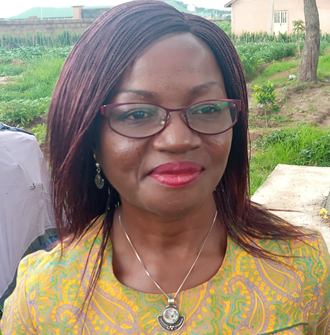
I am an ardent ornithologist, molecular, and wildlife biologist. I have conducted a series of ecological research on birds and mammals both in Europe and sub-Saharan African countries. With a deep interest in Conservation Biology, I employ the use of both invasive and non-invasive methods together with molecular techniques (DNA, PCR, sequencing, etc.) to provide answers to ecological questions such as population size estimate, geneflow, movement patterns, and dispersal as well as genetic diversity within and between populations. As a technical specialist within the Atlas Project, I organize workshops, seminars, and training on the project around Nigerian Universities and conservation-related institutions within and outside Nigeria to promote citizen science. I also organize and carry out field surveys for the project. I have a very good knowledge of Nigerian birds after traveling and working in all of its main biomes and habitats.
Tel:08033175060
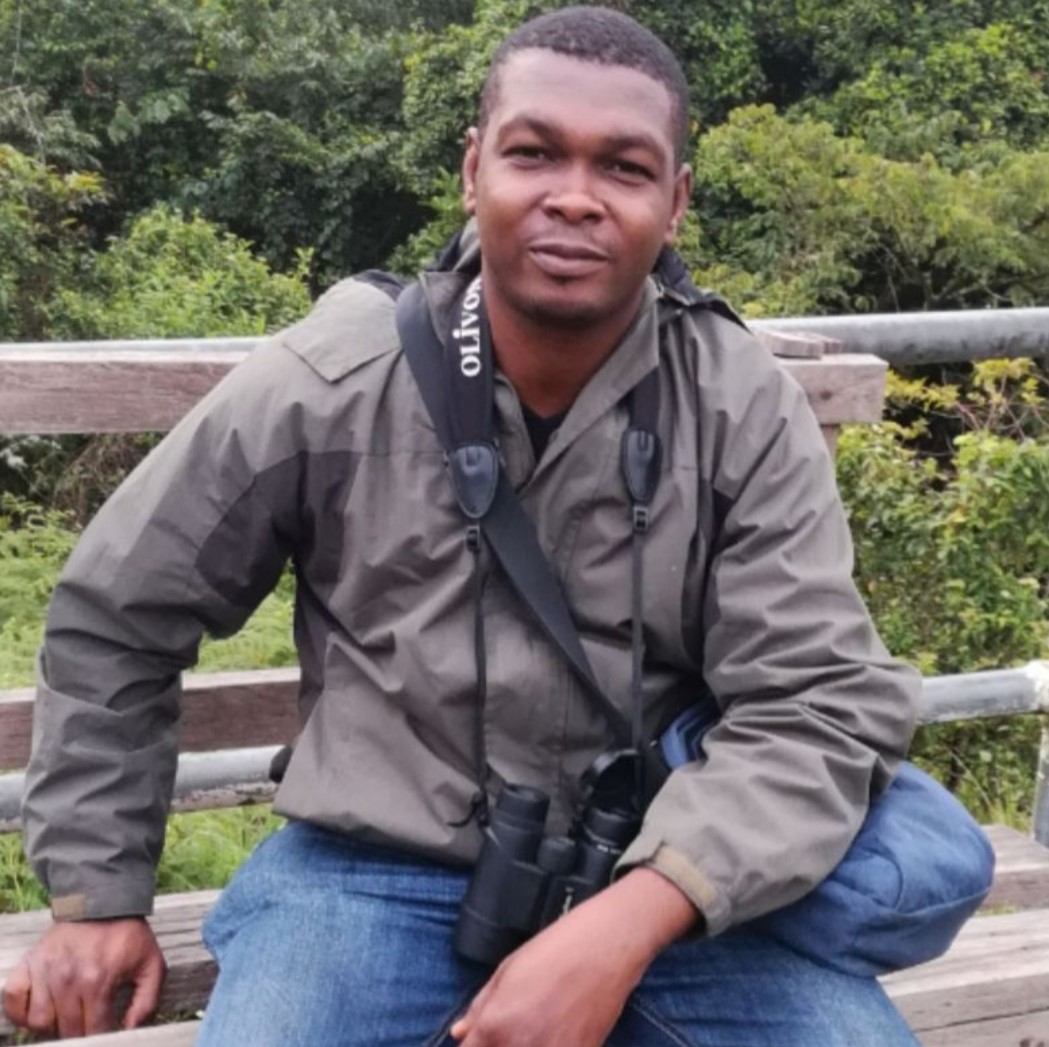
Dr. Adams Chaskda obtained his BSc in Zoology from the University of Jos, Nigeria, and an MSc in Conservation Biology from the A. P. Leventis Ornithological Research Institute (APLORI) also from the University of Jos. He later obtained a Ph.D. in Conservation Biology focusing on the breeding ecology of the Bar-throated Apalis (Apalis thoracica) from the Percy FitzPatrick Institute of Ornithology, DST/NRF Centre of Excellence, University of Cape Town, South Africa in 2011. Since obtaining his Ph.D., Adams has worked as a Lecturer/Researcher with the University of Jos teaching courses in ecology, conservation biology, and research methodology, and also assisting with several administrative duties. He is currently a Senior Lecturer and also the Director of APLORI which entails the day to day administration and management of the affairs of the institute. Adam’s research interests are in behavioral ecology (specifically bird-plant interactions and avian breeding ecology), anthropogenic effects on ecosystems, and ecosystem health. In these areas, he has published and supervised several undergraduate, MSc and Ph.D. theses.
Tel:08036099957
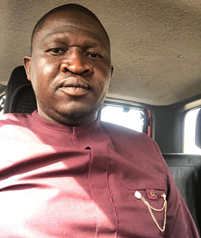
Dr. Shomboro Dauda Karau obtained his B.Tech in Applied Ecology from the Abubakar Tafawa Balewa University, Bauchi. He obtained an MSc in Conservation Biology from the A. P. Leventis Ornithological Research Institute (APLORI), University of Jos. He proceeded to gain his doctorate degree in Conservation Biology also from the University of Jos, focusing on the influence of habitat variables for the distribution of birds on a local and/or regional scale using point counts of birds and vegetation parameters from satellite images. He has vast knowledge in GIS and Remote Sensing applications in conservation studies. He is currently employed at The National Centre for Remote Sensing Jos Nigeria as a Chief Research Officer. Shomboro is a very good and experienced bird watcher with a vast knowledge of Nigerian birds.
Tel:+2347033824830
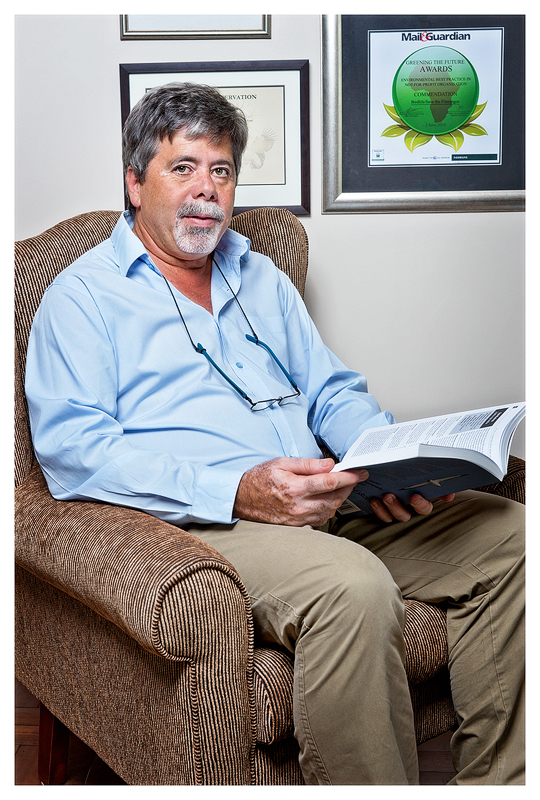
Mark Anderson is the CEO of BirdLife South Africa. He worked for two decades as a nature conservation scientist in the Northern Cape and during this time was involved with SABAP1 and the planning of SABAP2. He is a committed conservationist, and regarded as an authority on the biology and conservation of raptors, vultures, and flamingos.
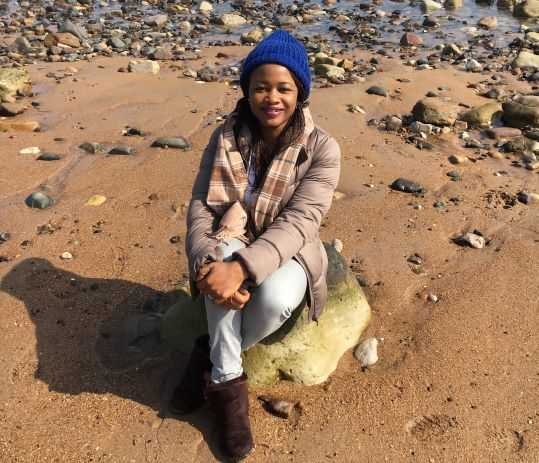
Nanchin Winifred Kazeh is a Research Associate with the A. P. Leventis Ornithological Research Institute (APLORI), Jos Nigeria. She is a Project Assistant with the Nigeria Bird Atlas Project (NiBAP). Currently, she is managing and submitting old/historical data into the NiBAP database and sometimes join the project field surveys. She is volunteering as the secretary of the Jos Bird Club (JBC). She helps in selecting sites and organising outings for the club. Nanchin had her M.Sc. in Conservation Science from the APLORI Master’s programme in 2015. As an early career researcher and nature enthusiast, she is interested in birds, the environment, and their conservation. Her research interest focuses on parasitology, macroecology, ethnoecology, and biogeography. She is a Ph.D. applicant seeking to use the NiBAP database to answer questions about the changing environment and its effects on the evolution and distribution patterns of birds species in Nigeria.
Tel:
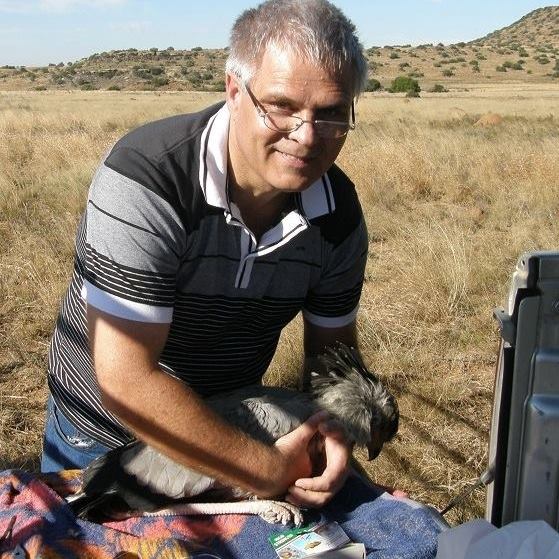
Ernst works at BirdLife South Africa and is responsible for implementing data and spatial planning projects as well as the analysis of data for conservation planning. He is also a keen citizen scientist who have participated in various citizen science projects and has also presented numerous SABAP2 workshops.
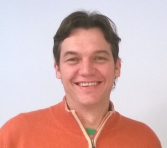
Robert has a broad interest in bird ecology, but is especially interested in between-species interactions. He comes from Pretoria, and grew up birding and ringing in the bushveld areas. He did his undergraduate studies at the University of Pretoria, studying mixed species bird flocks for his BSc Hons. These studies led to him being a field assistant in northern Finland. This stint became his MSc thesis at the University of Oulu, which tested the heterospecific attraction hypothesis that migrant songbirds attract to resident songbirds during their habitat selection decisions. He continued with his PhD in Oulu, further investigating the positive associations in Boreal bird communities, but incorporating the interplay of negative, predation and competition, interactions. He defended his thesis in 2006, and moved to southern Finland to take up a post-doc position at the University of Turku investigating various aspects of raptors and their impact on songbird community structure.
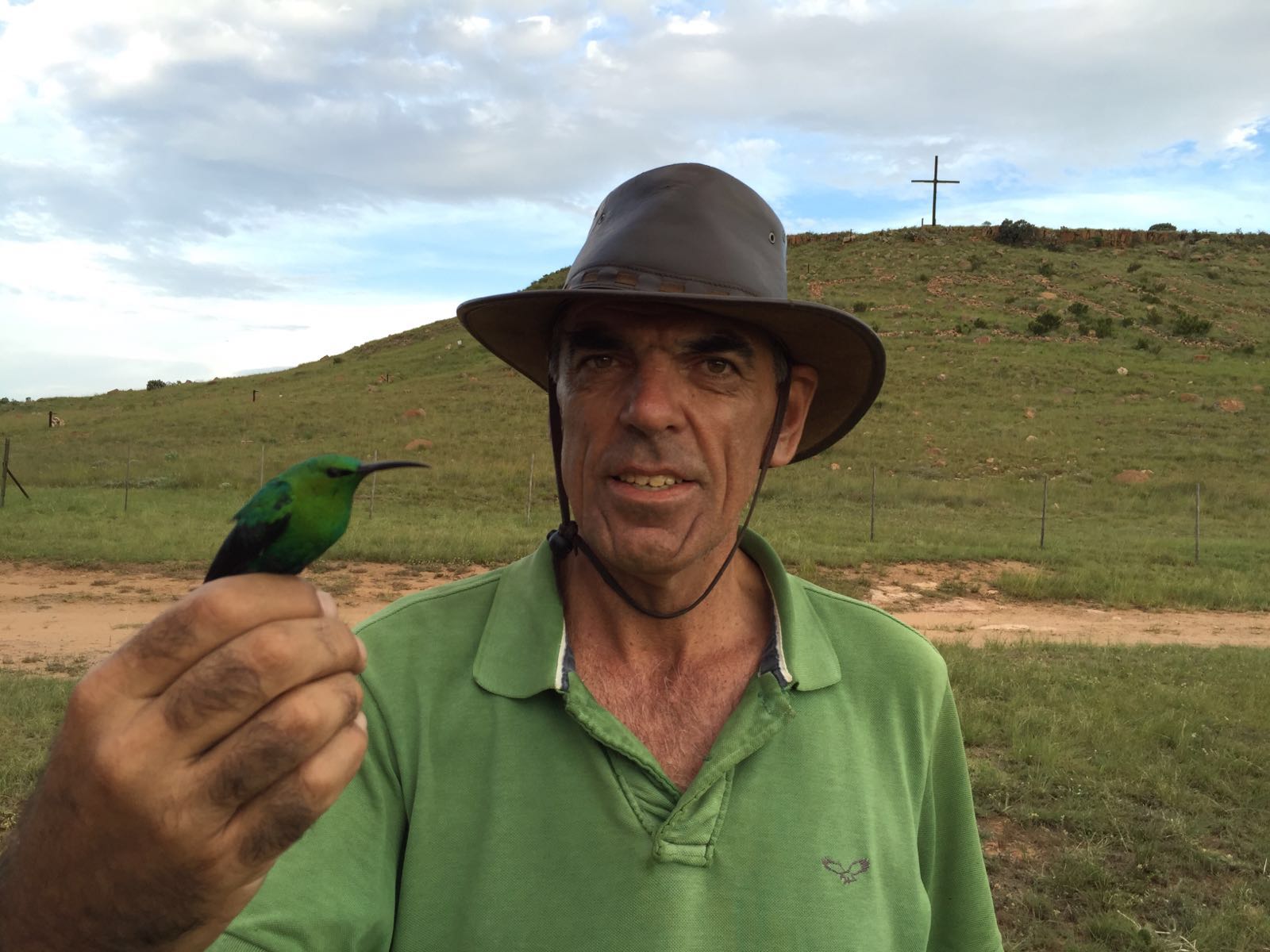
I grew up in Lydenburg, Mpumalanga where I also studied Gurney's Sugarbirds there already for more than 30 years. I am currently a Museum Ornithologist at the National Museum, Bloemfontein and HOD of the Department. Mt functions includes collection management of bird collections and did research on various groups of birds such as Northern Black Korhaan, Drakensberg and Karoo Prinias, Gurney's Sugarbirds and song vocalizations in African Rock Pipit. Also SAFRING bird ringer since 1987 and involved in SABAP1, Birds of Reserves Project and other ADU projects. My special place is Paardeplaats on Long Tom Pass outside Lydenburg.
Tel:+27(0)51 447 9609
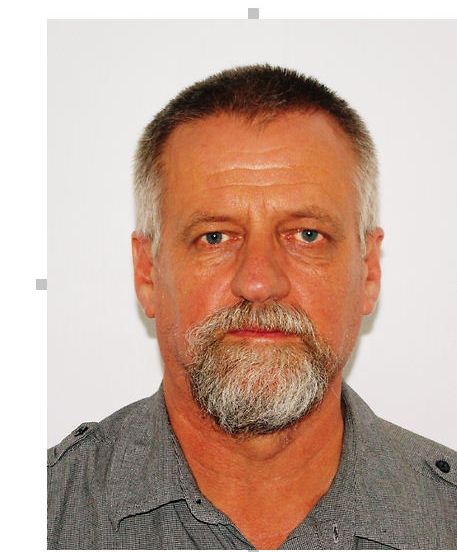
Statistician by profession, explorer by nature. MSc in Statistical Sciences (UCT). Compiled the Swaziland Bird atlas, the Atlas of the Birds of Sul do Save, southern Mozambique, the Atlas of the Birds of Central Mozambique and co-edited SABAP1. Currently retired from formal employment, travelling and atlassing in the Northern Cape (the parts where no-one else goes).
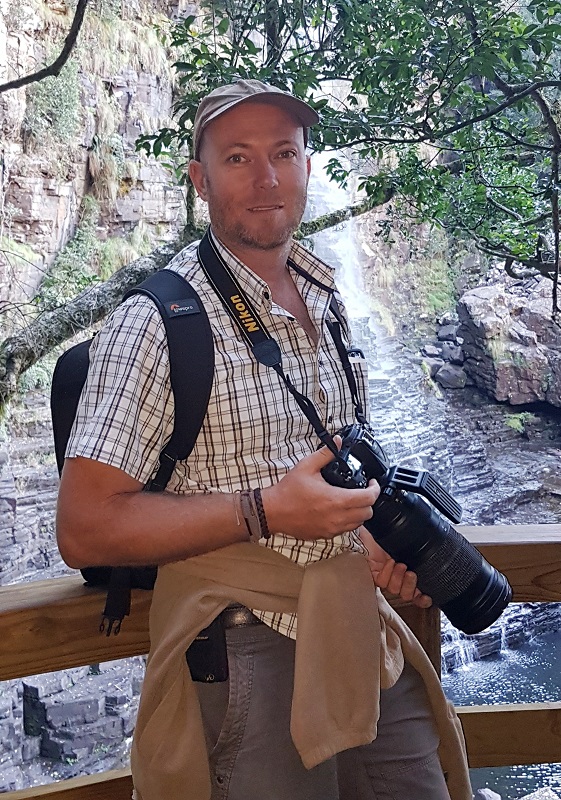
Based in the Lowveld city of Mbombela, Duncan works as a consulting Terrestrial Ecologist, performing biodiversity assessments all over Africa. He also lectures on birds for various training institutions and has been involved in the Mpumalanga SABAP2 RAC since 2010.
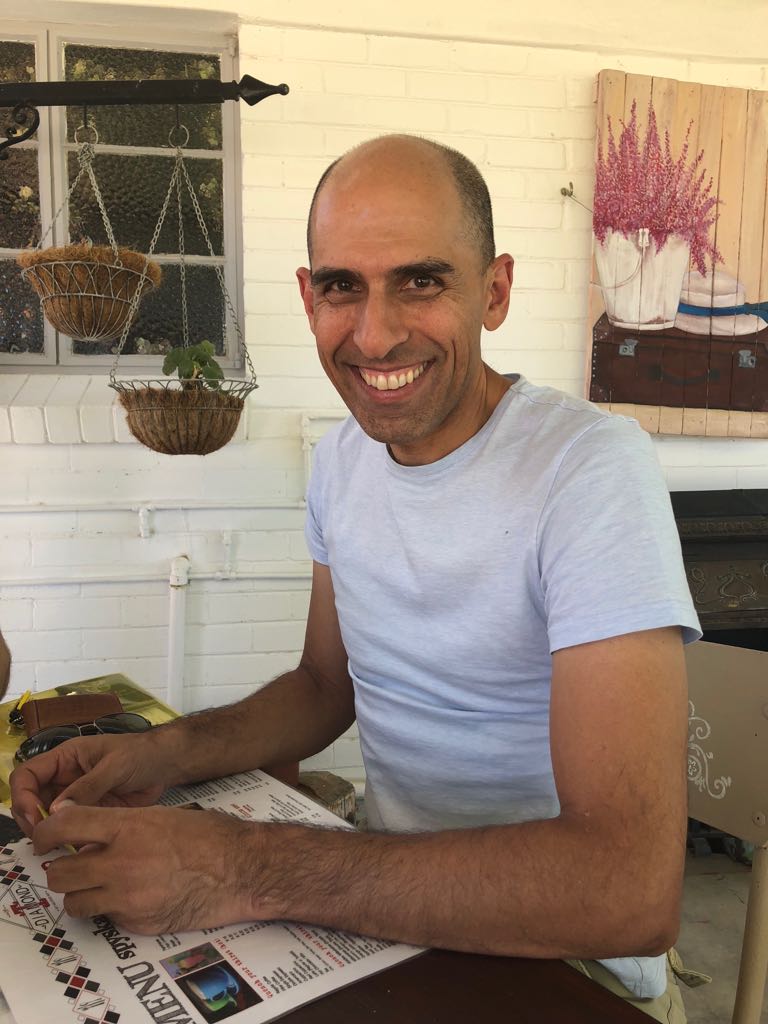
Ara Monadjem is an animal ecologist with particular interests in terrestrial systems. He is a professor in the Department of Biological Sciences, University of Eswatini (formerly Swaziland) where he has been based for the past 26 years. He has worked on a wide range of research topics, including recently on the drivers of biodiversity in savanna systems. He is incredibly keen on vultures and has been studying their ecology and conservation for the past two decades.
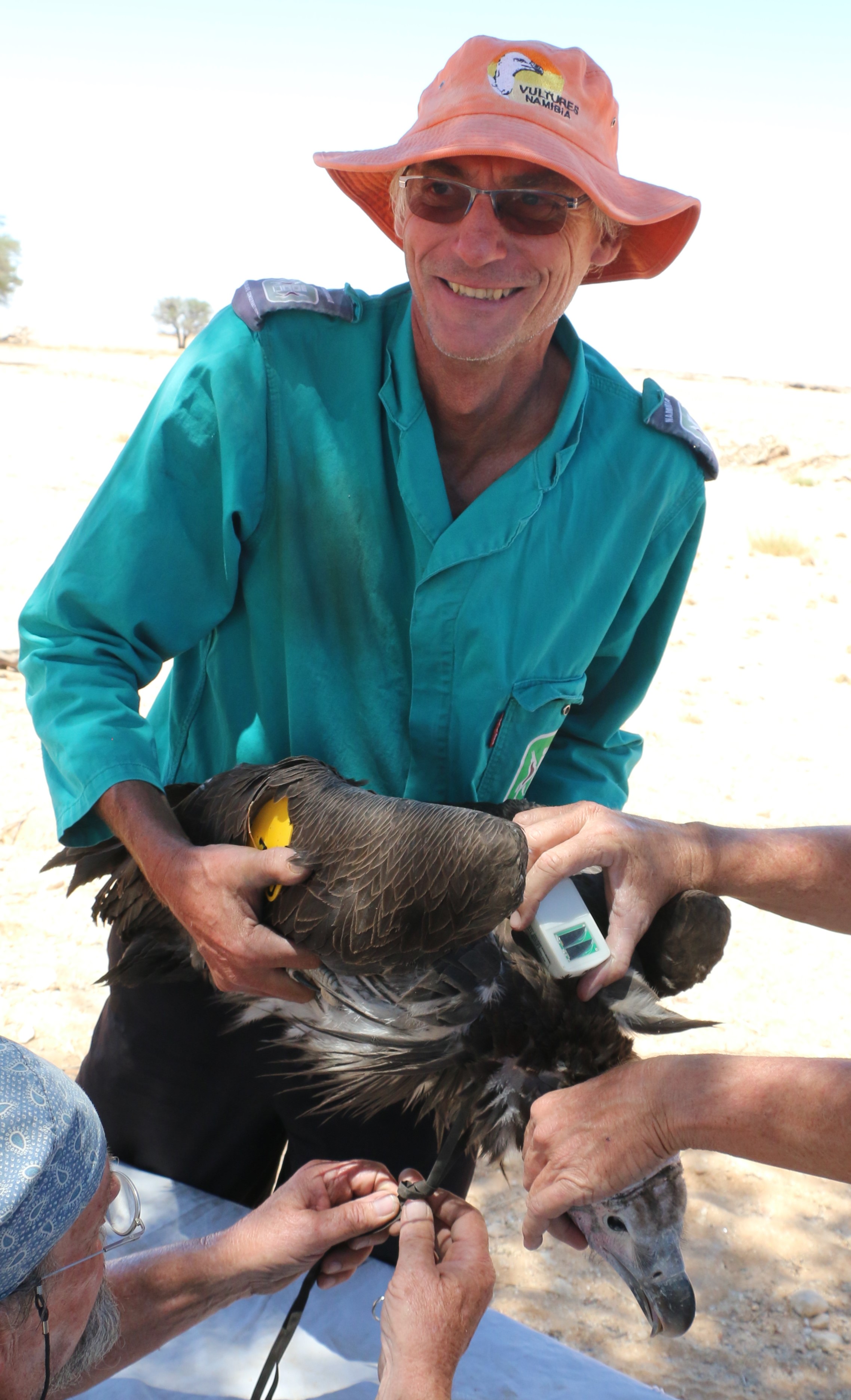
Holger is a born and bred Namibian. He has studied at the University of Cape Town and the Durrell Institute of Conservation and Ecology in Kent. He currently works as a conservation scientist for the Ministry of Environment and Tourism in Namibia.
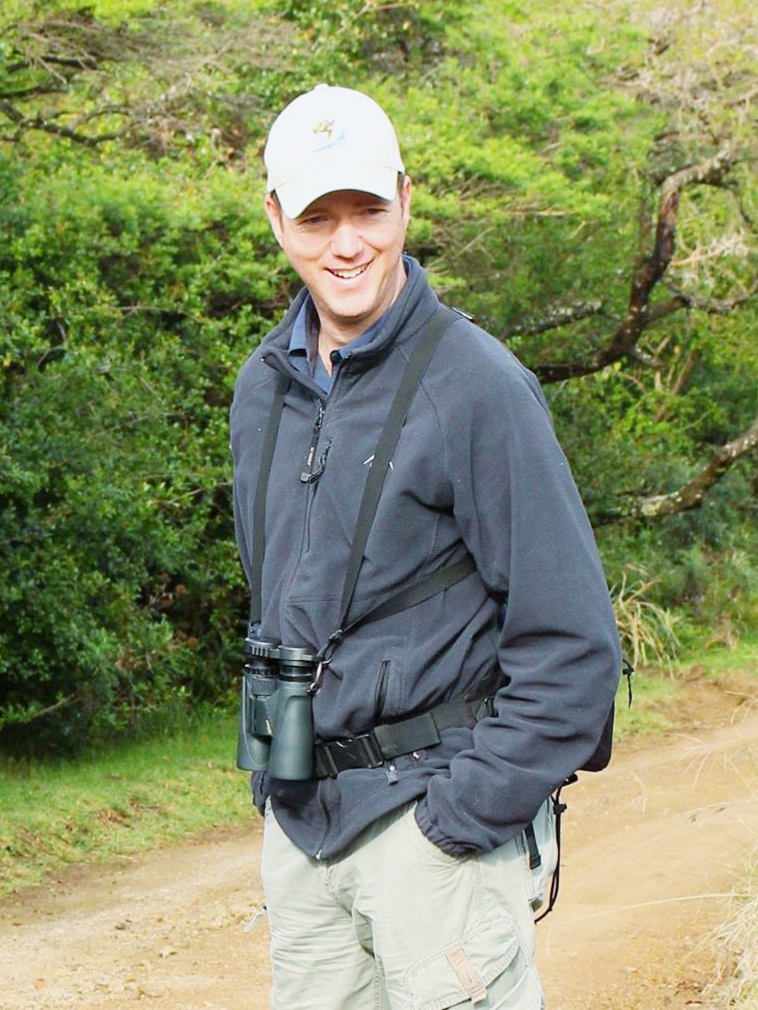
Born and bred in Gonubie in the Eastern Cape, my interest in birding started at the age of 9 after a family holiday to Ndumo Game Reserve (what a place to begin!). My introduction to “birding with a purpose” started with the Birds in Reserves Project (BIRP) in the early 2000’s and it was a natural progression into atlassing once SABAP2 started in 2007. Currently living in the UK but still very much involved with local birding in South Africa and the Eastern Cape specifically.
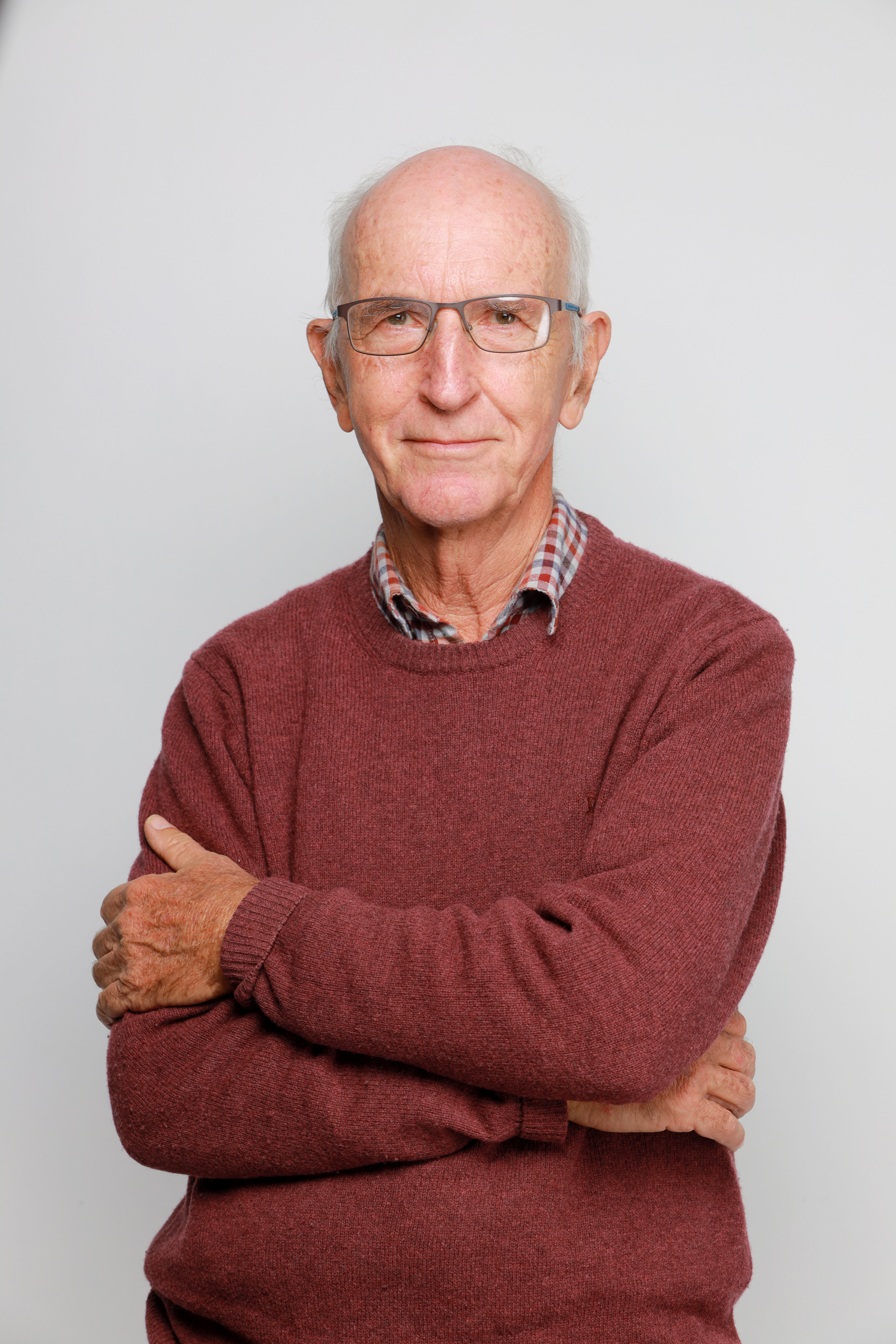
Chris is originally from the UK but has lived in Botswana for many years. His interest in birding started on a visit to Bharatpur Bird sanctuary in India in 1976. He was involved in atlassing for the Bird Atlas of Botswana, then for SABAP1 and now for SABAP2. He has a keen interest in bird distribution in Botswana. He is now retired, based in Gaborone and is a board member of BirdLife Botswana.
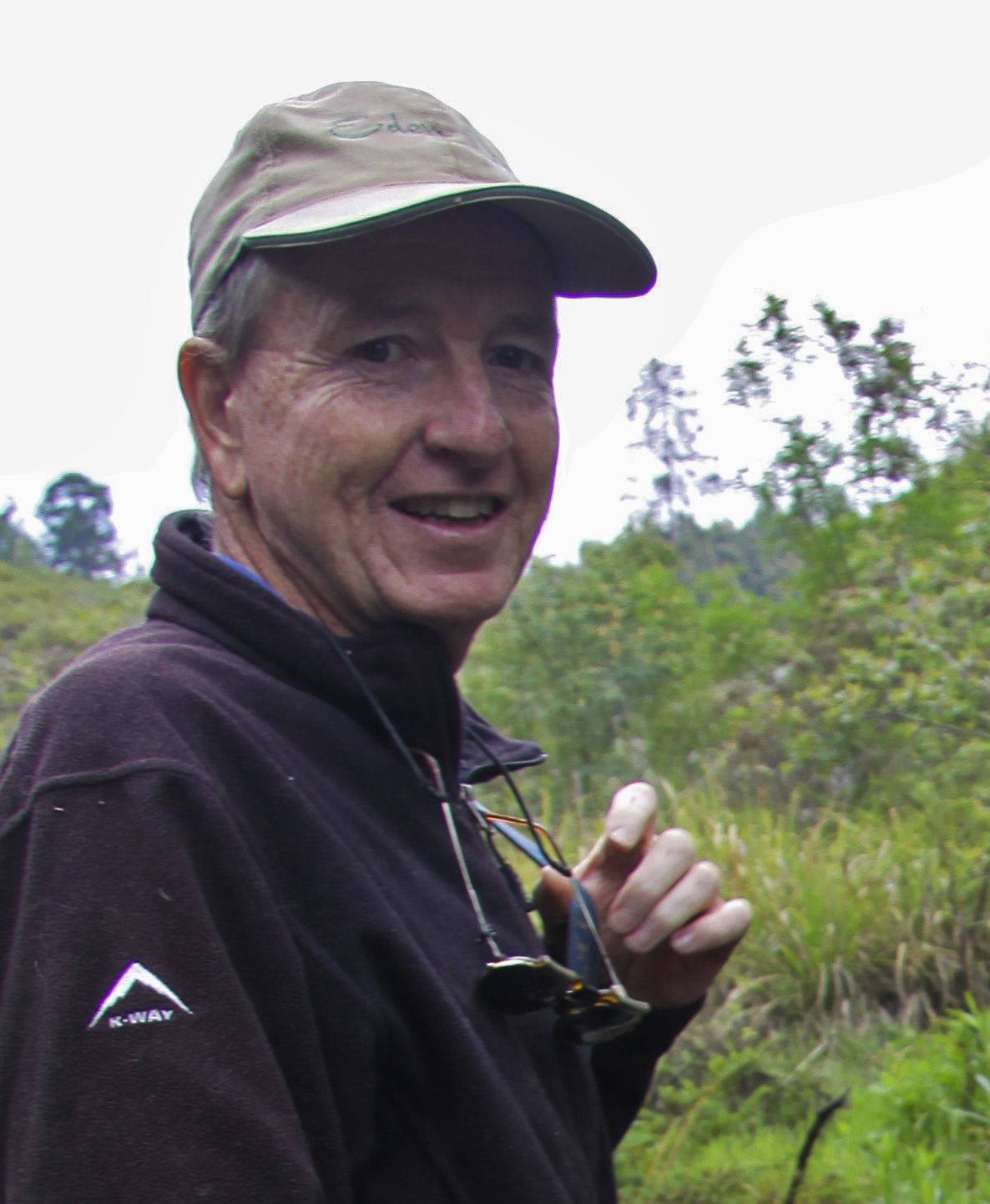
Ian has an all-round interest in conservation, having spent a life in the bush. From being a Senior Ranger in Zimbabwe’s Dept. of National Parks he moved into tourism as a Professional Safari Guide, and operates mainly as a bird guide. He is involved in BirdLife Zimbabwe on various projects and at many levels, including the production of Honeyguide (BLZ journal) and The Babbler newsletter.
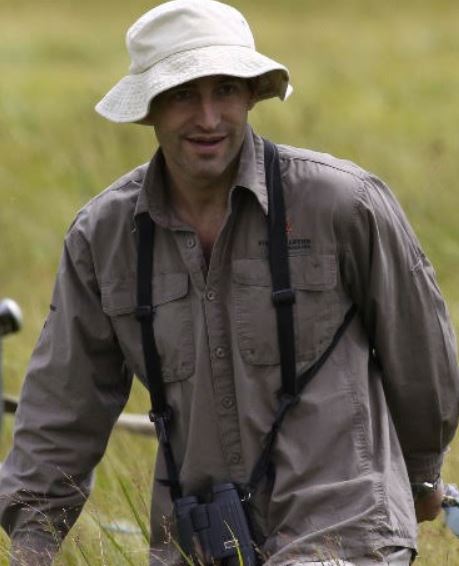
Andrew has always been a keen birder. When family and work commitments permit, Andrew still spends as much time as possible birding. Through his work and some extended holiday trips, Andrew has been fortunate to cover a few corners of the African continent. Some of his more memorable birding moments on the continent include landing armpit deep in raw sewage while trying to get a better view, narrowly avoiding arrest while looking at wheatears near a military base in Senegal and more recently being corrected on the identification of a hornbill by his 7-year-old son. Andrew’s contribution to the SABAP2 is to verify records from the western half of Zambia.
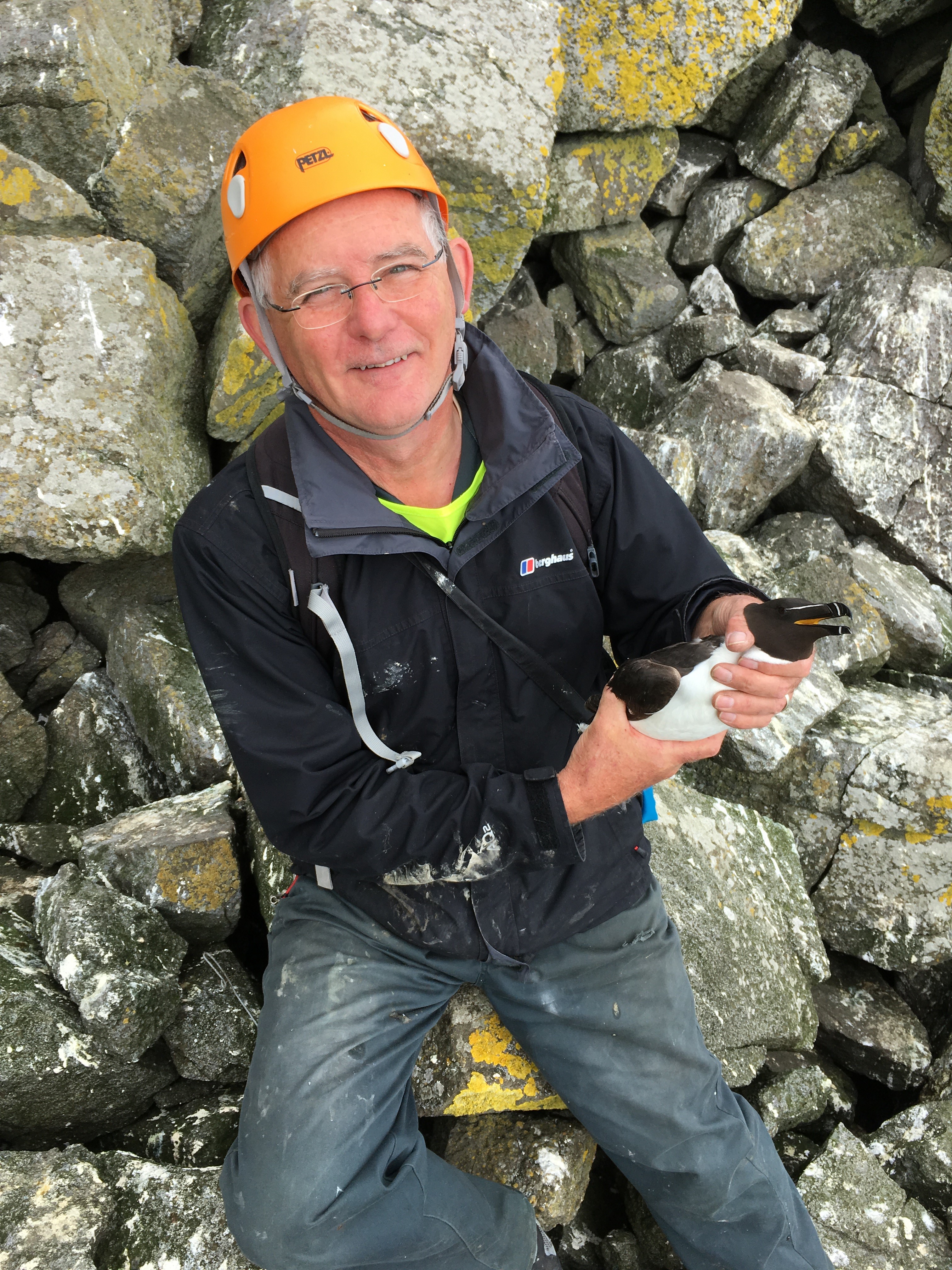
Bob is from the UK and has been birding since knee-high. Whilst living and working in Malawi 1984-1994 he carried out much of the fieldwork for the Malawi Bird Atlas project (published 2006). He started ringing in 1989 and published papers in Safring News. He has also supported the Ngulia migration ringing project in Kenya for several years and projects in Spain and Portugal. Returning to the UK he qualified under the BTO scheme and is now a ringing trainer, active in a seabird ringing group on remote North Atlantic islands and leads training courses nearer to home in Somerset. But he still misses the joy and interest of ringing Afro-tropical birds.
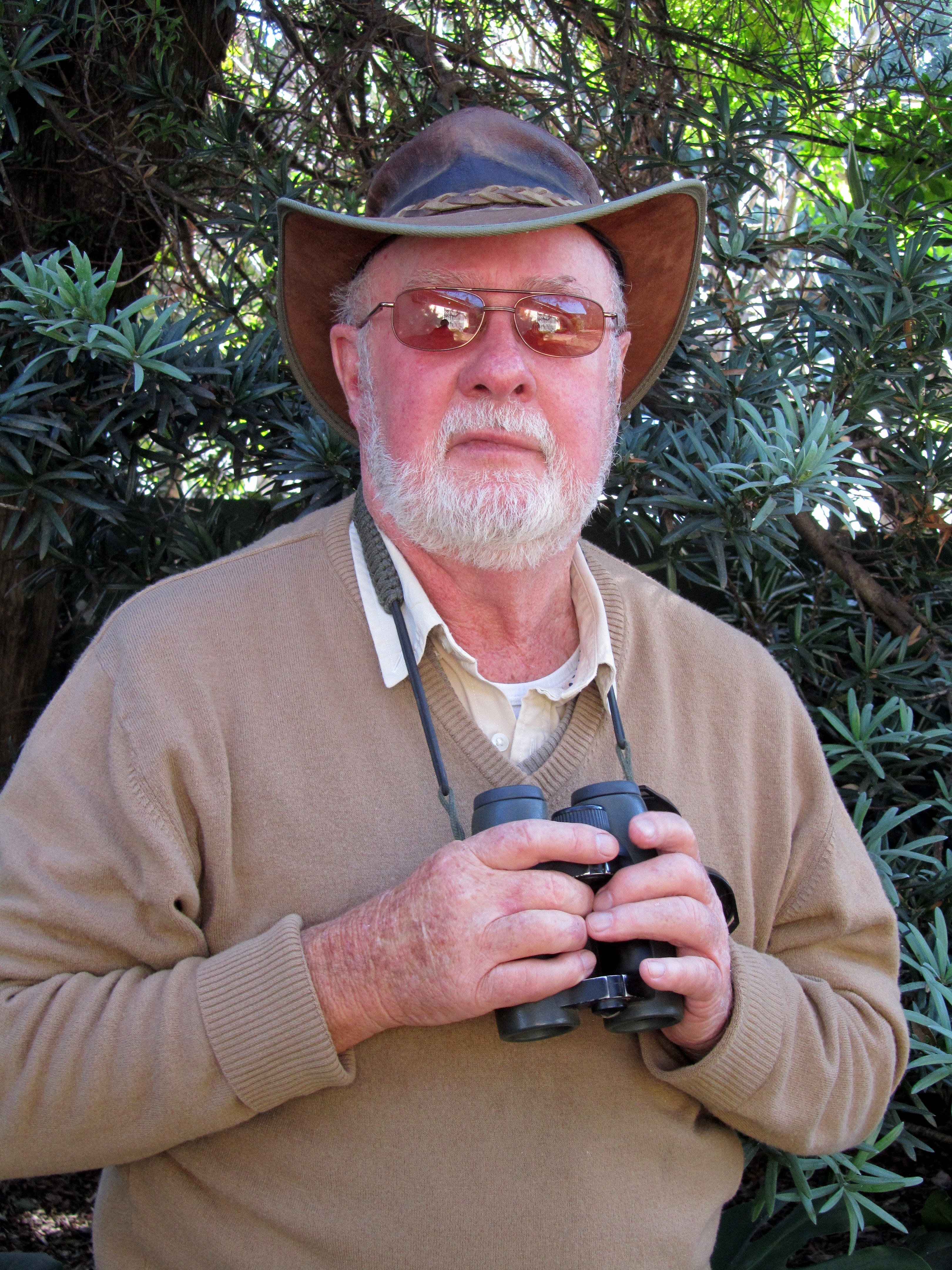
Now retired but previously a professional bird and wildlife tourguide and tour operator with my own tour company. Editor of the BirdLife Lowveld newsletter, The Hornbill. In retirement conduct bird surveys and write bird and wildlife articles for various magazines.
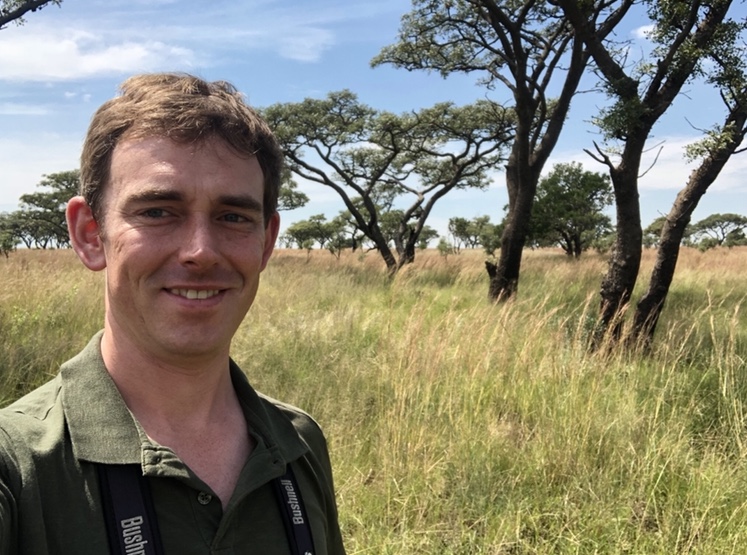
I have loved nature from a young age, but since 2005 I have been crazy about birds and all things birding. I am a pathologist by trade, and spend most of my spare time outdoors. I have no formal qualifications in ornithology, but I am a fanatical hobbyist, and I travel as often as possible for birding. I hope to see at least half of the bird species that occur in the world in my lifetime, and I have a particular love for searching for rare, localised and endemic species. My travels have taken me to Peru, Ecuador, Thailand and Ethiopia, and I have explored extensively within South Africa, and the subregion. I have occasionally assisted with the running of the Southern African Rare Bird News. I am passionate about atlassing, and contributing to the growing SABAP2 database. I believe that some of the most fascinating discoveries are to be found right on our doorsteps, in our home pentads. I am looking forward to playing my part in the SABAP2 programme through the Western Cape Regional Atlassing Committee.
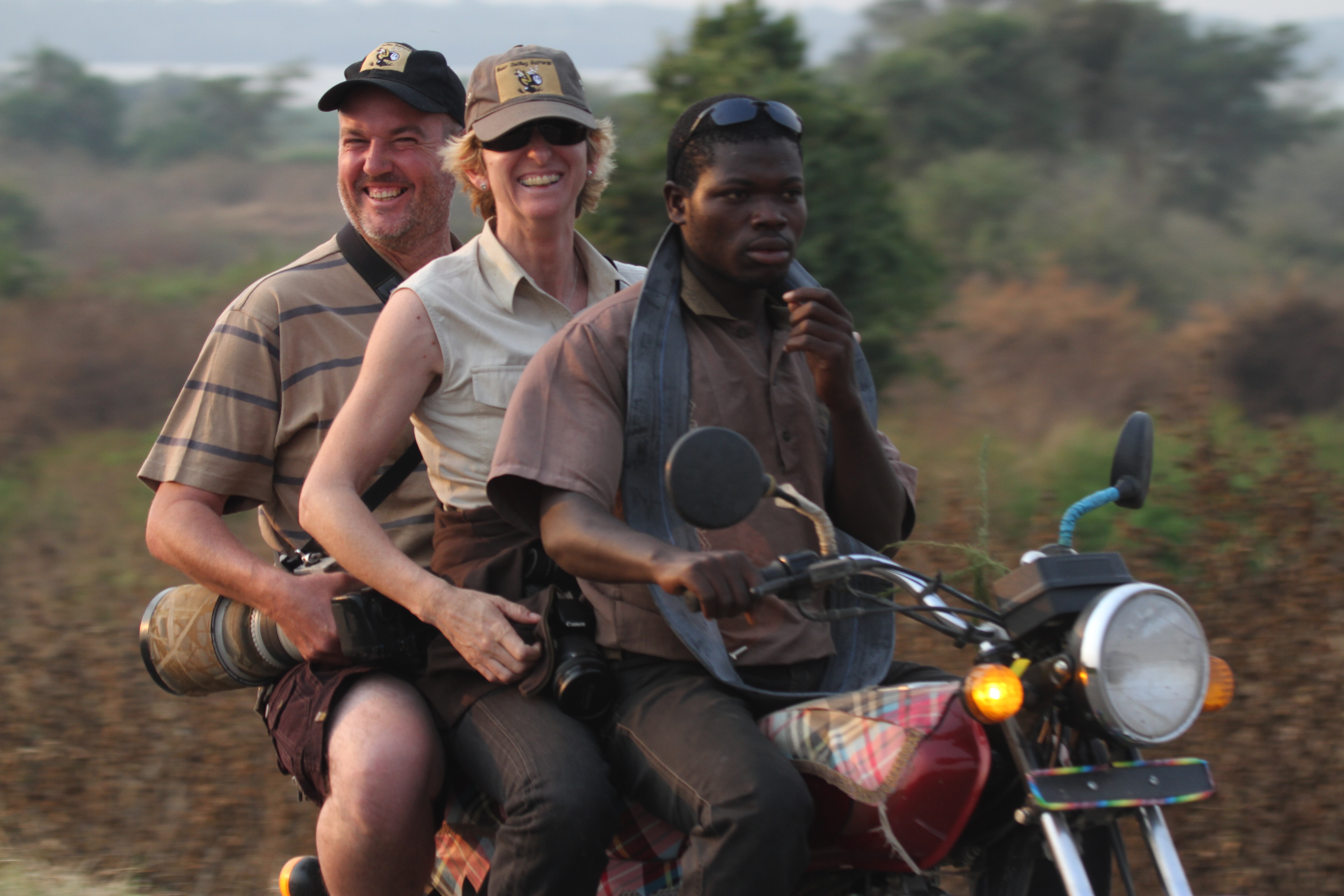
Niall is an accomplished South African Birder who have visited Uganda four times, as well as Kenya and Tanzania, even Nigeria once! In South Africa Niall done his fair share of Atlassing spending several trips to cover under atlassed areas of the country. While running his tour company Bustards Birding Tours he also do atlassing when visiting other African countries!
Tel:
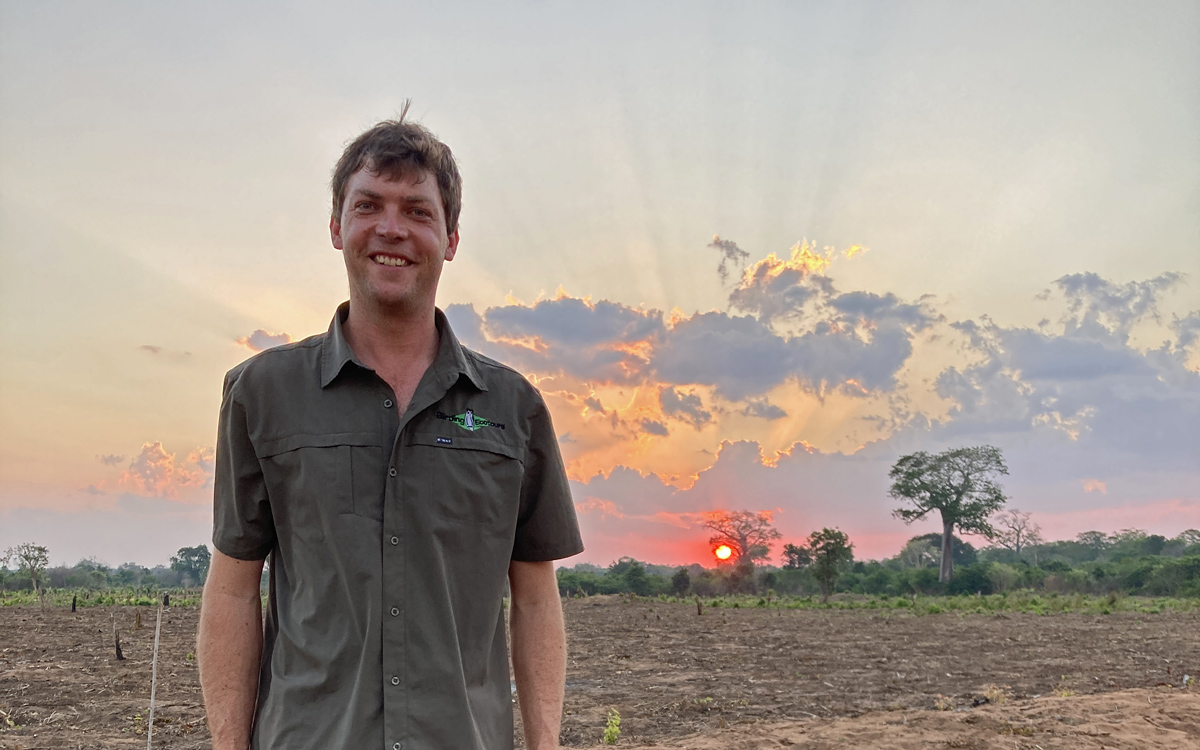
Dylan is a birder through and through, with a deep-filled filled passion for birds and birding built through his younger years. Dylan works as a professional tour leader for Birding Ecotours, not only showing clients sought-after birds throughout southern Africa and the rest of Africa and the world, but also gaining a deeper understanding of them. Mozambique is a regular destination for Dylan, where he has spent a significant amount of time birding and travelling around, both on tour and in his personal time, and is intimately familiar with the birds occurring in the country. When not on tour, Dylan volunteers his time on the South Africa Rarities Committee, and contributes to various books and similar birding projects.
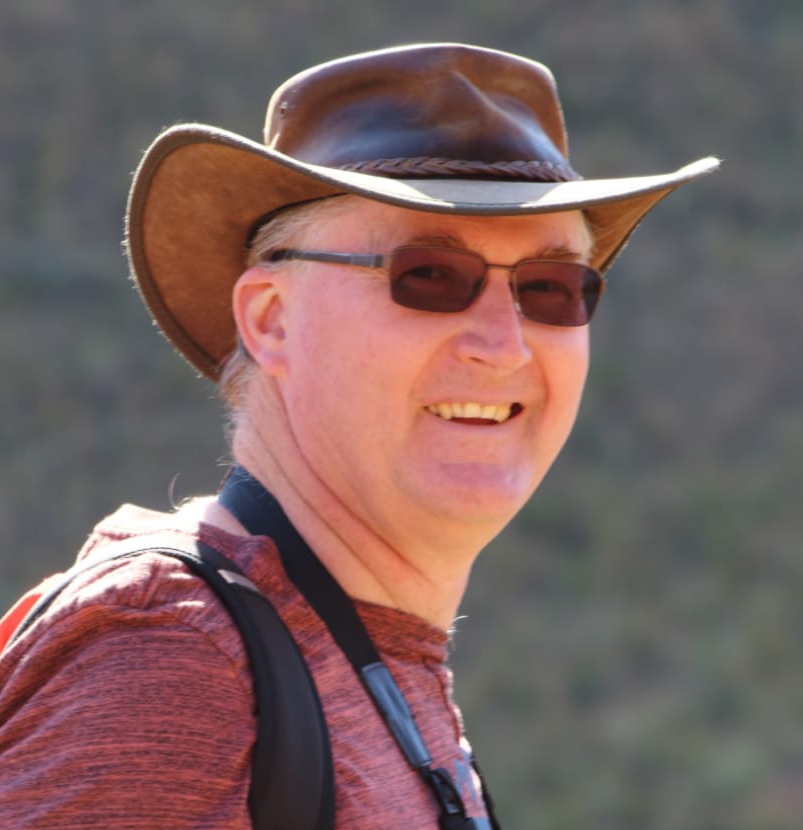
I started life in Creighton, southern KZN, then halfway through school moved to north of Greytown, KZN. Completed a degree in Pietermaritzburg and have not moved since. My interest in birds (and maps) came from my father, though he did tend to only regard vultures, corvids and really striking birds as birds. I got hooked on atlasing while still at school, contributing to SABAP1. This really developed my birding and what better activity for someone interested in birds and maps? I then went through a bit of a post-atlas slump, but used the time to get married and start a family. As a family we tend to end up at birding destinations and (more than) a fair time is spent atlasing. A favourite holiday spot is certainly Mkhuze.
Tel:
